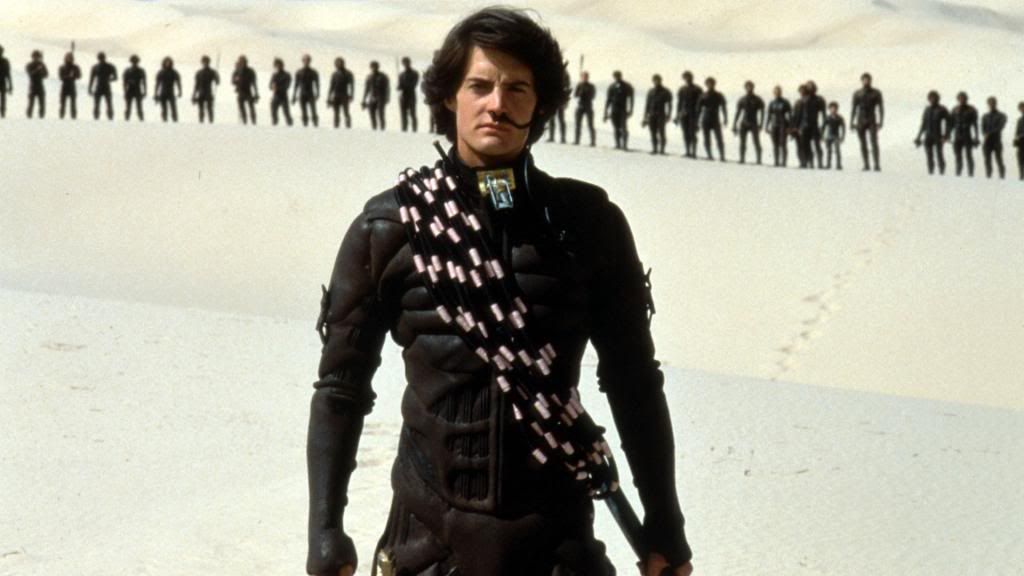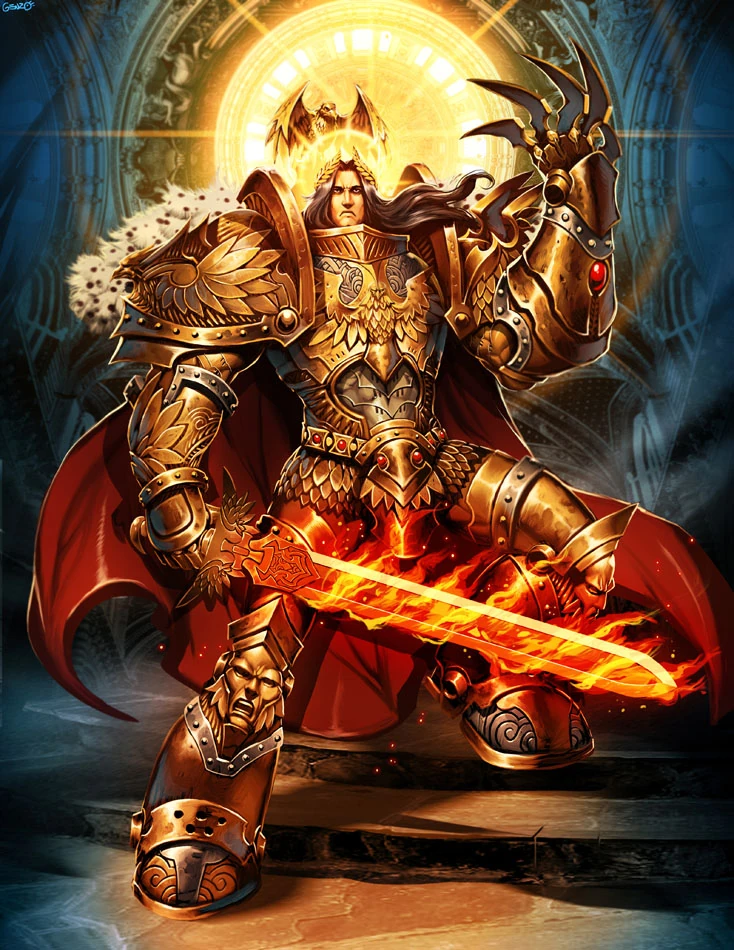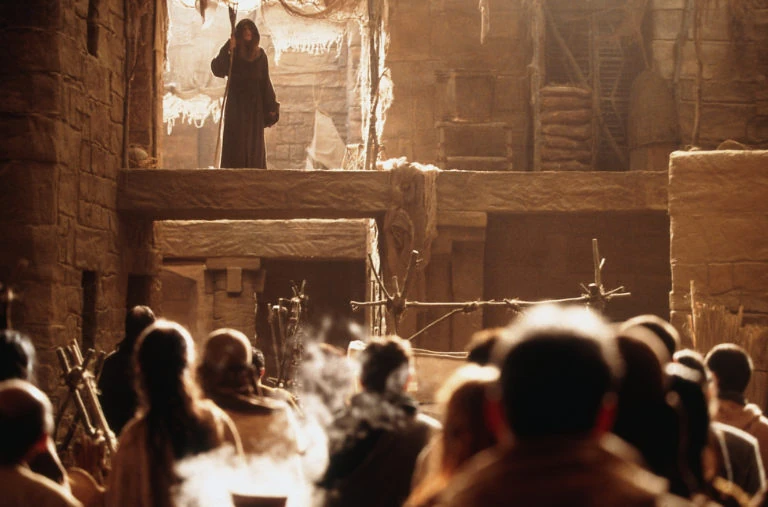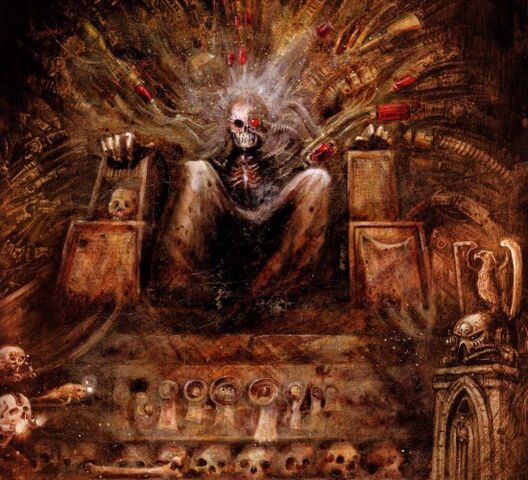In fiction, especially science fiction, we, as humans, are utterly fascinated by the idea of a space empire, and an emperor ruling over it. Why? I believe the idea is found in our nature and in the Bible.
Man, despite his desire for freedom and liberty, in their very hearts, wants a (human) king over him.
I Samuel 8 KJV
4 Then all the elders of Israel gathered themselves together, and came to Samuel unto Ramah,
5 And said unto him, Behold, thou art old, and thy sons walk not in thy ways: now make us a king to judge us like all the nations.
6 But the thing displeased Samuel, when they said, Give us a king to judge us. And Samuel prayed unto the Lord.
7 And the Lord said unto Samuel, Hearken unto the voice of the people in all that they say unto thee: for they have not rejected thee, but they have rejected me, that I should not reign over them.
Man also dreams of a kingdom of Man that is established forever.
II Samuel 7 KJV
12 And when thy days be fulfilled, and thou shalt sleep with thy fathers, I will set up thy seed after thee, which shall proceed out of thy bowels, and I will establish his kingdom.
13 He shall build an house for my name, and I will stablish the throne of his kingdom for ever.
14 I will be his father, and he shall be my son. If he commit iniquity, I will chasten him with the rod of men, and with the stripes of the children of men:
15 But my mercy shall not depart away from him, as I took it from Saul, whom I put away before thee.
16 And thine house and thy kingdom shall be established for ever before thee: thy throne shall be established for ever.
17 According to all these words, and according to all this vision, so did Nathan speak unto David.
Man also dreams of a space-filling intergalactic empire.
Isaiah 9 KJV6 For unto us a child is born, unto us a son is given: and the government shall be upon his shoulder: and his name shall be called Wonderful, Counsellor, The mighty God, The everlasting Father, The Prince of Peace.
7 Of the increase of his government and peace there shall be no end, upon the throne of David, and upon his kingdom, to order it, and to establish it with judgment and with justice from henceforth even for ever. The zeal of the Lord of hosts will perform this.
Science fiction and even fantasy are full of figures that are styled as emperors of the whole mankind that have shaken off the earthly shackles and have expanded into space. One can recall Star Wars and the Empire. But even more substantial is the Dune series and the Warhammer 40K series.
 |
| Paul Atreides from the Dune Universe |
In the Dune series, a conspiracy by a sect of priestesses called the Bene Genessarit plan to breed a Messiah-like figure. After a long genetic program of breeding and propaganda and manipulation, it resulted into Paul Atreides, who possessed an ability to see the futures (yes, plural) with the help of spice drugs from the planet Dune or Arrakis.
This enabled Paul Atreides to become an Emperor who united the Houses, controlling space travel. He sat on the Golden Lion Throne.
 |
| The Emperor of Mankind from the Warhammer 40K Universe |
The Emperor of Mankind is an immortal being spawned as a personification of humanity. After a Dark Age of Technology, he united Earth or Terra in the Unification Wars. Then so forth he started the Great Crusades to take over the galaxy, which he succeeded. He, like Paul from Dune, possesses great psychic power.
So why does humanity have a fascination for a great leader that will take us to the stars?
In ancient times, kings were considered to be as gods. The very word "god" means a ruler. One can recall Nebudchadnezzar prompting Shadrach, Meshach, and Abednego to worship a golden statue of himself before throwing them in the fiery furnace.
Along with Nebudchadnezzar, the book of Daniel lists Gentile world spanning empires and their kings: Babylon of Nebudchadnezzar, Medes-Persia of Cyrus, Greece of Alexander the Great, Rome of the Caesars, and the coming Empire of the Antichrist.
 |
| The Gentile world empires and the Kingdom of God |
But they never reach into space, or the second heaven.
The Lord God prevents the conquest of space by Man:
Obadiah 1:4 KJV
Though thou exalt thyself as the eagle, and though thou set thy nest among the stars, thence will I bring thee down, saith the LORD.
So this explains why we have not gone to space yet and colonized much at all. Divine intervention.
Deuteronomy 4:19 KJV
19 And lest thou lift up thine eyes unto heaven, and when thou seest the sun, and the moon, and the stars, even all the host of heaven, shouldest be driven to worship them, and serve them, which the Lord thy God hath divided unto all nations under the whole heaven.
According to this passage, the constellations are divided among the nations, understood here as the Gentile nations. So God has given the starry skies as an inheritance for mankind to fill,
Deuteronomy 32:8-9 KJV
8 When the Most High divided to the nations their inheritance, when he separated the sons of Adam, he set the bounds of the people according to the number of the children of Israel.
Cross referencing the previous passage, this means that there are 12 Gentile nations, one for each tribe of Israel. Hence, there is also one Israelite tribe and Gentile nation associated with one of each of the 12 constellations, or Mazzaroth (Hebrew for Zodiac), in the book of Job.
Revelation 22:2 KJV
2 In the midst of the street of it, and on either side of the river, was there the tree of life, which bare twelve manner of fruits, and yielded her fruit every month: and the leaves of the tree were for the healing of the nations.
So from the previous knowledge, it is safe to assume that each fruit corresponds to a Gentile nation. The 12 Gentile nations seemed to be named at the table of nations in Genesis 10, as the 12 sons of Japheth and Ham (with Israel as the son of Shem), but this is speculation.
But what does this actually tell us about the future Kingdom of God?
If God is preventing us from reigning at the stars, and that the nations are given the constellations, then it is implied that we are only to conquer and have a space empire once Jesus Christ Himself comes back to Earth, after the Tribulation and the Millennium.
When Jesus is crowned the Potentate of mankind and of the whole Universe, Israel takes the planet Earth, and the 12 Gentile nations take the constellations in a feat of space colonization. The Church is New Jerusalem.
And it shall be a Kingdom, though there is still death, as the tree of life is still necessary. Death being defeated is still future.
Fiction tells us of godlike men like Paul Atreides or the Emperor of Man, and yet despite all their abilities and power, pales in comparison to the coming Lord of lords and King of kings Jesus Christ.
Paul was not immortal. The Emperor of Man was, but his body decayed without his control. Jesus Christ is resurrected and eternal.
Both Paul and the Emperor possessed great psychic power to steer humanity. However, Paul despaired of determinism. The Emperor was shortsighted in many things. Jesus Christ completely omniscient and omnipotent.
 |
| The Preacher, secretly Paul Atreides, who was blinded |
Paul blinded himself to escape the Golden Path, the determinism of him knowing the future, and wandered the desert. His son Leto II took his reins, transformed into a psychic sandworm to guide humanity, and after thousands of years, died in an accident he himself orchestrated.
 |
| The Emperor of Man decaying on the Golden Throne |
The Emperor of Man was gravely wounded after Chaos demons possessed his son Horus. He sits in the golden throne, decaying, even with great psychic power. His Imperium is classified as a grim, dark future, that no one wants to really live in.
Jesus Christ, as our Potentate and future Emperor God of all Mankind, will never fail. While these two godlike men of fiction are the best mere humanity can conjure up to pretend to be Christ, He is the real deal. He is the Emperor mankind is secretly yearning for, to take a space empire of galactic, intergalactic, and universal proportions.
Deuteronomy 7:9 KJV
9 Know therefore that the Lord thy God, he is God, the faithful God, which keepeth covenant and mercy with them that love him and keep his commandments to a thousand generations;
1 Corinthians 15:28 KJV
And when all things shall be subdued unto him, then shall the Son also himself be subject unto him that put all things under him, that God may be all in all.
After a thousand generations of ruling the universe as Man, it seems Jesus will shed His fleshly human form and become the Word, but this is a bit of speculation.
God became the Man Christ Jesus, so He could fulfill humanity's dual desire of a human King of kings and eternal Kingdom, as He is the Desire of nations. No fictional space emperor could ever hope of outshining Him.
So if you ever long of ever being a citizen of a space empire of eternity, look to Him.
Samuel Garcia









